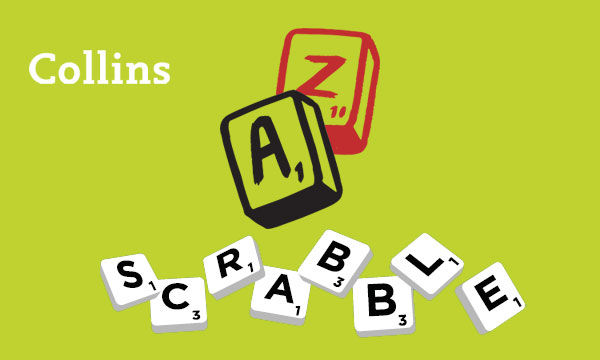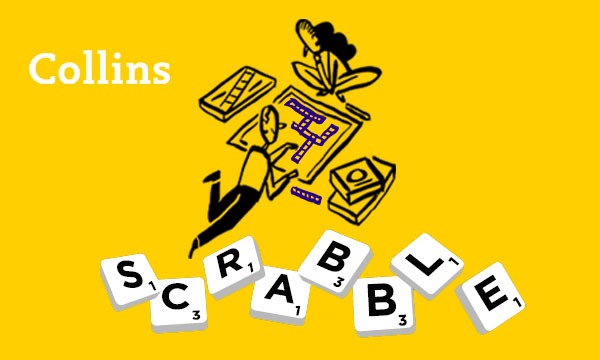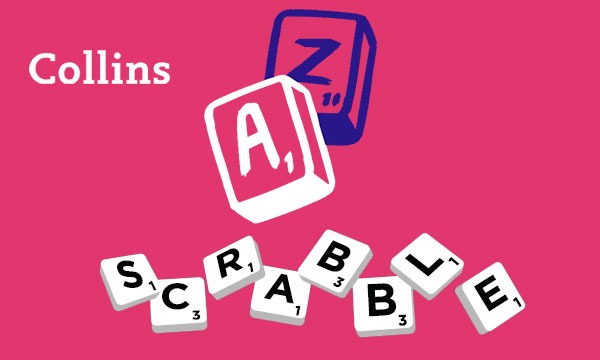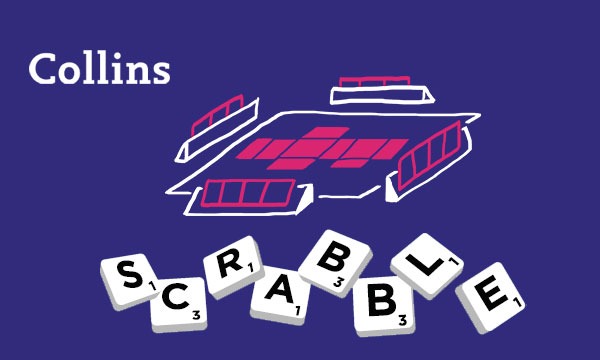Some people remember sevens and eights with mnemonics to help them get bonus words. Let’s say you have the six letters DELORT and one other. You see that makes five one-point tiles and the two-point D, and you wonder if these relatively common letters might form a seven-letter word with your seventh letter.
Once you notice that these letters form the word RETOLD, you can remember this mnemonic:
A PLOT – IT UNFOLDS
and that tells you all the letters that combine with RETOLD to make a seven – A P L O T I U N F D S.
It helps if the mnemonic has some connection with the word. Admittedly it won’t tell you what the words are, but once you know that a combination makes a word, it becomes a lot easier to remember the word if you’ve seen it once. And it saves you wasting time, or a shot, or trying to combine RETOLD with, say, a C or another E – the mnemonic tells you no such word exists.
The words, in alphabetical order of the extra letter, are:
+A: DELATOR one who charges someone with a crime
LEOTARD a tight-fitting upper body garment
+ D: TODDLER a small child
+ F: TELFORD a road built using the methods of the engineer Thomas Telford
+ I: DOILTER more foolish
+ L: TROLLED fished by dragging a lure through the water
+ N: ENTROLD surrounded
+ O: ROOTLED established a root
+ P: DROPLET a small drop
PRETOLD told previously
+ S: DROLEST funniest OLDSTER an old person
STRODLE straddle
+ T: DOTTLER comparative of DOTTLE, relating to leftover tobacco
DOTTREL a kind of plover
+ U: TROULED same as TROLLED
By Barry Grossman
Barry is a leading UK Scrabble player and winner of several tournaments. He is the author of Scrabble for Beginners (Chambers), Need to Know Scrabble, Scrabble – Play to Win and The Little Book of Scrabble Trickster. He has also contributed to numerous other books on the subject of words and word-games, has been a series champion of Channel 4’s Countdown, and has written four comedy series for BBC Radio 4. He lives in Hertford.
All opinions expressed on this blog are those of the individual writers, and do not necessarily reflect the opinions or policies of Collins, or its parent company, HarperCollins.



